Organic baby food is one of the best ways to ensure your baby's health and development. It protects them from harmful pesticides and chemicals, which can negatively affect their development.
The USDA regulates the amount of chemical and synthetic fertilizers and pesticides that can be used in growing produce. It is important to limit the use of these chemicals in your baby's diet, especially when it comes to fruits and vegetables.
Why is organic baby food important for healthy development?
Babies need a lot of nutrients to grow, and you don’t want them to be getting toxins from the food they eat. These toxins are not only harmful to babies, but they can also interfere with their growth and development.
To help keep your baby healthy, organic foods are the best option. The main reason is that they contain fewer chemicals and pesticides than non-organic foods.
Moreover, they are also free from hormones and antibiotics that can cause serious health problems in the future. These chemicals can also cause your baby to develop allergies later in life, and they may even lead to antibiotic resistance.
Many parents are choosing to feed their babies organic baby food for these reasons. They understand that the toxins present in most processed or packaged foods are not good for their babies’ health, and they don’t want to risk their child’s future.
What are the specific benefits of feeding my baby organic food?
Organic baby food is a great way to start your child on the path to healthy development. It is free from pesticides, antibiotics and added hormones that are commonly found in conventionally-produced foods.
These toxins can have serious health effects on your baby including brain development, growth and immune system function. They also lead to allergies, asthma and other diseases.
This is because they affect the natural balance of chemicals in your child’s body.
Another good reason to choose organic is that it can reduce your child’s risk of cancer and heart disease. These diseases are related to eating foods with a high level of pesticides.
Organic meat and dairy are also healthier for your little one because they don’t contain the toxins that are common in conventionally-raised animals. They are also higher in antioxidants and Omega-3 fatty acids than their non-organic counterparts.
What are some of the best organic baby food brands?
When it comes to organic baby food, there are a few different options to choose from. Some of these brands are more expensive than others, but if you’re willing to pay a little more for high-quality ingredients, organic baby food can be a great option for healthy development.
Some of the best organic baby food brands are those that are committed to sustainability and organic ingredients. This is important for the health of your baby, and can also help reduce the environmental impact of producing the food.
The first step in choosing a good organic brand is to check the label and read the ingredient list. You want to make sure the foods you are feeding your child are nutrient-dense and free from added salt, sugar, preservatives or other unnecessary ingredients.
The best organic baby food brands will have a variety of foods for each stage of your baby's growth and development. Some of these include single-ingredient purees, multi-ingredient baby foods, puddings, "pinchables" and dissolvable soft solids for the early stages.
What are some of the best organic baby food recipes?
If you’re looking to make your own organic baby food, then there are a number of great recipes out there. Some of these recipes require just a few ingredients and are super easy to make!
One of the most popular foods to introduce to your baby is bananas. These fruity purees are naturally soft and mushy, easy to digest and full of vitamins and minerals.
Another veggie that babies love is sweet potato. This veggie is packed with fiber, vitamin A and potassium!
It also has a low allergy score and is easily digested by little tummies.
Peas are a nutrient-dense vegetable that will keep your baby’s growing body happy and healthy! They are high in Vitamin K and B6, as well as folic acid, which promotes heart health.
Carrots are also a great vegetable to start your baby on! They are easy to digest, and babies love their sweetness. They are a good source of beta-carotene and are rich in antioxidants that protect against diseases such as cancer and heart disease!
Frequently Asked Questions
What are my top priorities when buying organic products
USDA-certified organic labels should be sought. This guarantees that the product meets certain USDA standards. You will find the USDA Organic seal on all boxes, cartons and cans.
When buying meat, make sure it is from organically fed cows. Cattle are ruminants which means that they chew the cud. Ruminant cattle can be found with four stomach compartments: the rumen, the reticulum, omasum, abomasum and omasum. Organic feeding must be done on all organs of the animal in order to get the cow labelled organic 100 percent.
Chicken should be only purchased from chickens raised on organic feed, and not given antibiotics. Omnivore chickens can eat both plants as well as animals. A digestive tract that is omnivorous includes a crop, proventriculus and gizzard. It also contains small intestines, large intestines, and anus.
When buying dairy products, ensure they come from cows fed 100% organically grown feed. Dairy cows have four stomach compartments, just like ruminants. The fourth stomach, or the udder is where you get milk.
You should always check the label before purchasing any other livestock. This will let you know what percentage of the diet was given to the animals. For example, pork may be labelled '95% organic.' This means 95 percent of the pig's feed came from organic sources.
Which organic products are most in demand?
Today organic food is the fastest-growing sector. We've come far from our roots but there is still room for improvement.
Organic products are the future. They are safer and more cost-effective for consumers.
They also tend to have higher prices. The Organic Food Index was created to address this. We wanted the ability to identify which foods are currently most popular and whether these trends have changed.
These results indicate that organic food is growing in popularity. Between 2011 and 2012 the number of Americans buying organic food increased nearly 50%.
According to USDA, organic production grew by 10% last year. Organic food now accounts for 9% of U.S. agricultural output.
Organic food is growing in popularity but is still expensive. The average retail price for organic food is almost twice that of conventional foods, according to the Organic Trade Association (OTA).
However, organic food is growing more quickly than any other part of the food market. Looking closely at the data, you'll see that organic food consumption has grown steadily since 2009.
In fact, according to OTA, the volume of organic products sold in supermarkets grew by 14% between 2010 and 2011.
This is because of consumer demand for healthier products, which explains the rise in organic food sales across all age categories.
Younger generations are choosing organic food more often than older generations. Millennials are twice likely to choose organic food than the baby boomers. Young adults below 35 years of age account for 25%.
How can I tell if my produce has been certified organic?
If you want to make sure that you are buying organic produce, look for these three labels:
USDA Organic Certified – Produced by USDA and certified as 100% organic.
Certified Naturally-Grown - Produce which has passed strict organic practices requirements, but not yet received USDA certification.
Pastured/Free Range – Produced from animals that live outdoors and graze on grasses or herbs.
These labels are used to indicate that the product meets specified criteria.
- No synthetic pesticides and fertilizers
- No genetically modified organisms
- Animals are never given antibiotics
- The animal is never given any hormones
- No growth-promoting medications
- No feed additives
- No artificial ingredients
- No irradiation
- No sewage solids
- GMOs prohibited
- There have never been any antibiotics given.
- No hormones ever given
- No growth-promoting drugs
- No feed-additives
- No artificial ingredients
- No sewage effluent (if it isn't a GMO).
- No irradiation
I hope this article has been helpful.
Is organic food better for us?
According to the Environmental Working Group's latest report on pesticide residues in foods, organic fruits and vegetables had nearly half the level of pesticides compared with non-organic versions. They found that organic apples contained eight times fewer pesticides than non-organic apples, while organic strawberries were four times cleaner than their conventional counterparts.
Another study suggests that organic food can reduce exposure to toxic metals such as lead and mercury. For example, one study showed that children who ate organic meat had 33 percent lower blood lead levels than those who didn't consume organic meats. Another study concluded conventional fish consumption should be stopped by pregnant women because it contains high levels of mercury.
Organic food tends to be healthier than nonorganic. Experts recommend fresh vegetables and fruits whenever possible in order to reduce the risk of getting cancer.
Is organic meat more nutritious?
You probably know the answer if you have been paying attention for a while. However, the truth is organic food is gaining popularity at a time when conventional food is falling out of favor.
The reason why organic foods continue to rise in popularity is that they are healthier for us. Organic foods are safer for our bodies and help to reduce pollution.
However, there are also two sides to this coin. Organic produce takes longer to grow, and it requires more resources. This means that organic food costs more money than its non-organic counterpart.
Organic meats tend to be more expensive than those raised conventionally. However, there are ways to reduce these costs without sacrificing quality.
Buy locally to save money. Buying locally grown fruits and vegetables helps keep prices low because farmers receive incentives to grow healthy crops.
A great way to save money is to search for deals. Organics often come with discounts.
A third way to save money on meat consumption is to eat less. The feed required to raise cattle can make meat production expensive.
Organic food is healthier for the planet and our bodies than conventional food, but it's important to not overlook its cost.
What is an organic food processor?
Organic food producers use organic methods to grow their products. These foods include fruits, veggies, grains, and dairy goods.
Organic food production is only possible on farms where the crops are grown naturally. This includes crop rotation, soil preparation, and pest control.
To be organic, an agricultural product must meet the strict criteria of USDA (United States Department of Agriculture).
These guidelines ensure that consumers can access safe, wholesome, nutritious food.
Organic foods have higher nutritional content and better flavor, as well as lower pesticide residues.
USDA certified organic products must bear the USDA Certified Organic label.
This certification means that the product meets the standards laid down by the National Organic Program.
As well as ensuring that we eat healthier, organic food also helps protect our environment.
Organic farming methods help conserve natural resources like water and land. Additionally, organic farming methods help reduce greenhouse gas emission, which can lead to climate change.
Organic agriculture uses fewer chemicals and reduces pollution runoff.
It also improves air quality because harmful gases like ammonia and nitrates are less likely to build up in the atmosphere.
There are many types to organic farming.
Conventional farming involves the use artificial inputs such as fertilizers and pesticides.
Regenerative farming involves compost, cover crops, and green manures to improve soil health. It encourages biodiversity.
Agroecology promotes healthy relationships between humans and plants.
Permaculture encourages self-sufficiency by creating systems that are similar to nature.
Statistics
- Popular clothing brands, like Patagonia, are labelled as organic by using 100 percent organic cotton for many of their styles. (en.wikipedia.org)
- Nutrients like omega-3 fatty acids were up to 50 percent higher in organic meats and milk than in conventionally raised products.[3] (en.wikipedia.org)
- According to a study performed by consumerreports.org, organic products, compared to non-organic products, ranged anywhere from 13 percent cheaper to 303 percent more expensive. (en.wikipedia.org)
- Brands participating in this challenge are committed to using 100 percent sustainable cotton by 2025.[5] (en.wikipedia.org)
External Links
doi.org
- Occupational Pesticide Exposures and Cancer Risk: A Review: Journal of Toxicology and Environmental Health, Part B: Vol 15, No 4
- Genetically modified foods - safety, risks and public concern - A review - Journal of Food Science and Technology
ams.usda.gov
ncbi.nlm.nih.gov
- Evaluation of the micronutrient composition of plant foods produced by organic and conventional agricultural methods - PubMed
- Comparison of the total amount of phenolic and/or ascorbic acids in freeze-dried and dried marionberry, strawberry, or corn grown using conventional and organic agricultural practices - PubMed
ota.com
How To
What you should know about organic food
Organic foods are plants and animals grown without pesticides, chemical fertilizers, or additives. They are not subject to genetic engineering or the use of ionizing radioactive radiation. It must not contain any artificial colours, flavour enhancers, flavor enhancers, and preservatives. It must not contain genetically modified organisms (GMOs).
The term "organic" was first used in 1845 when chemist Justus von Liebig coined the word "organisch" meaning life-giving, to describe the properties of manure. Most people associate organic production with food. In this context, organic means that the product contains only naturally occurring substances such as proteins, carbohydrates, fats, and minerals that occur in nature.
The consumption of organic foods has risen dramatically in the past decades. According to statistics, approximately 50% of the world’s population consumes at minimum one organic product each day. This number increases constantly and is expected to reach 70%, 80%, and 90% by 2020.
There are many factors that consumers choose organic produce. Organic produce can be preferred for its taste; others prefer them for being healthier. Some people believe organic farming to be more environmentally friendly. There are ethical concerns regarding farm workers and animals. This is why some people choose organic products.
While organic food is generally more expensive than traditional foods, prices do vary depending upon where you live. There are many factors that influence the cost of organic foods. One factor is the availability land suitable for organic agricultural. Another is the cost for inputs and labour required to grow organic crops. Other factors include transportation costs, marketing costs, and taxes. In Europe, for example, organic food prices are 10% more than regular food.
Below are the main differences between conventional and organic foods.
- Organic produce is naturally free of synthetic fertilizers and growth regulators as well as hormones, antibiotics and other chemicals.
- Organic livestock are fed grasses, grains and legumes rather than corn or soybean meals.
- Organic milk comes from cows fed only grasses and hay.
- All raw materials used for organic manufacturing are certified organic.
- No pesticides or other harmful chemicals are allowed during organic fruits and vegetables' growth and processing stages.
- Organic meat, poultry, and seafood do not undergo radiation.
- Raw nuts and seeds are soaked before use.
- Organic cooking only uses healthy oils.
- Organic eggs are laid outdoors by hens.
- Organic honey is extracted by bees using traditional methods.
- Organic chocolate contains beans and sugar from organically grown and processed cacao.
- Organic wines are free from chemical additives.
- Organic tea leaves come from plants picked by hand.
- Organic cotton is grown without any form of pesticide or herbicide.
- Organic cereals and flours contain no preservatives, artificial colours, or flavours.
- All natural shampoos and soaps are free from harsh chemicals.
- All-natural cosmetics have no side effects on the skin.
- All natural cleaning products are biodegradable, eco-friendly, and non-toxic.
- All natural body care products can be used safely and are dermatologically tested.
- All-natural personal hygiene products are fragrance-free and can be used safely by babies.
- All-natural baby formula contains no bovine serum or animal protein.
Resources:
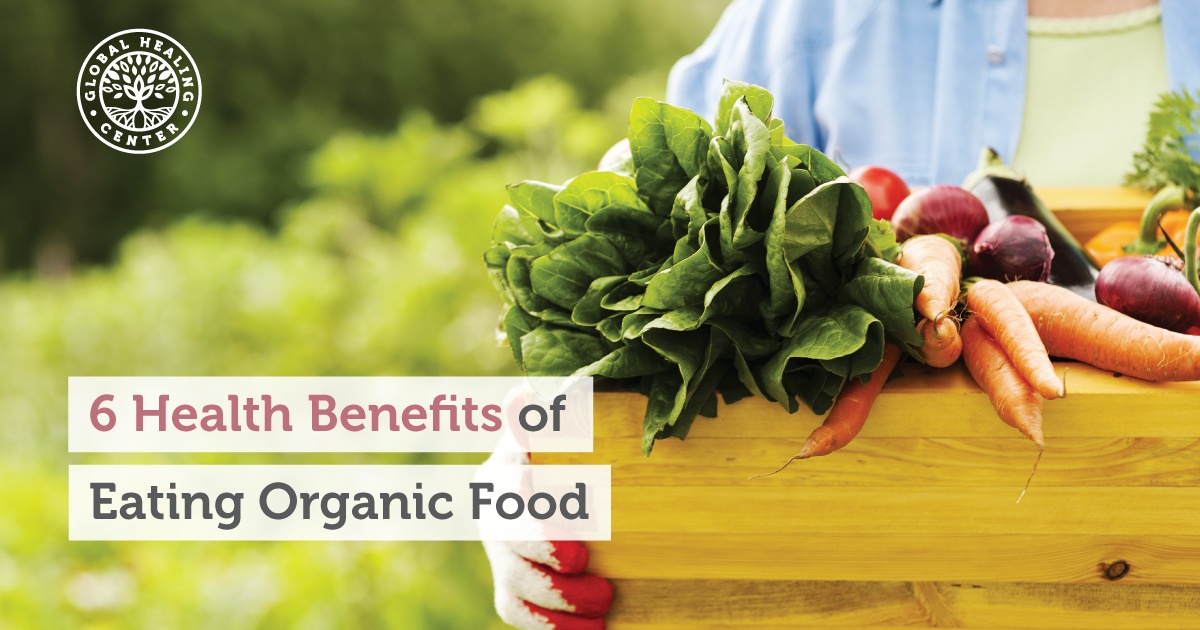 |
Nuts and SeedsNuts and seeds are nutrient-rich crunchy tidbits that add a protein, fiber and healthy fat punch to meals and snacks. They’re also a great source of.. |
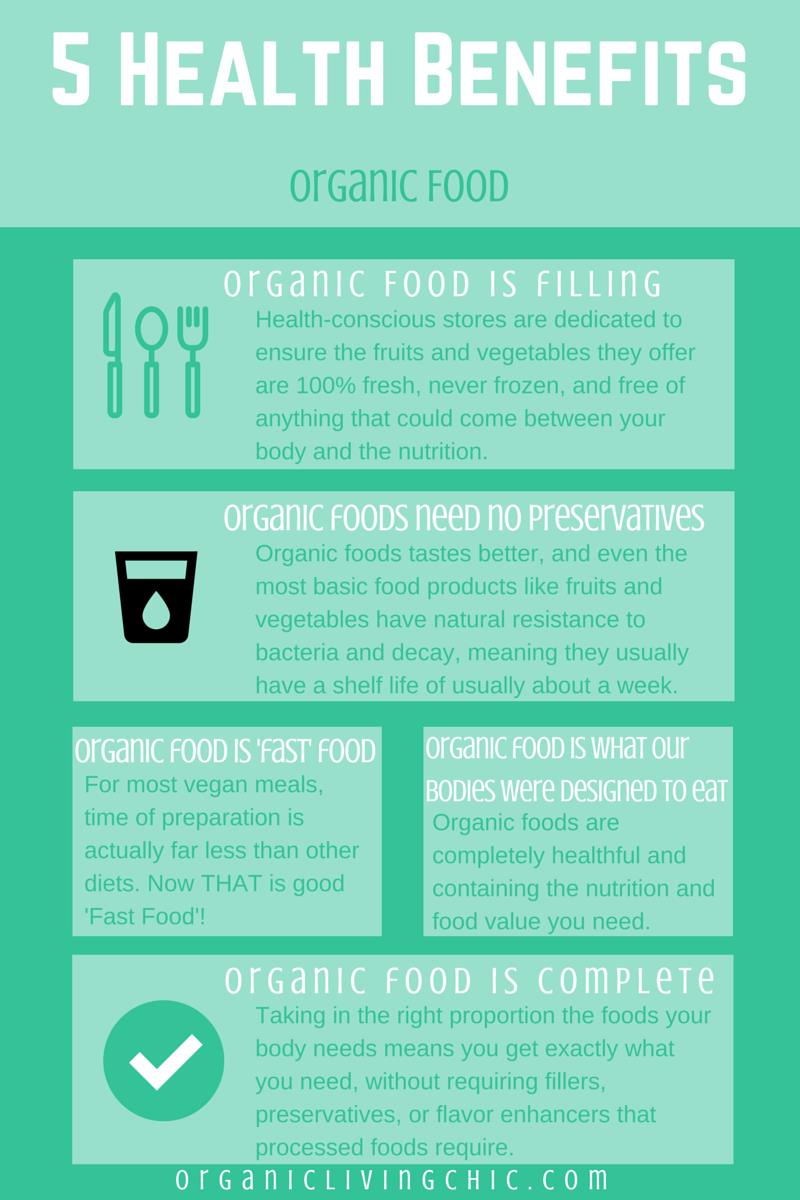 |
Organic Food For A Six Pack? The TRUTH About Organic vs Conventional Foods!Get ripped and keep your strength: http://goo.gl/uLzHn6 Hey guys, it's Clark over at Six Pack Shortcuts and today we're gonna talk about organic vs |
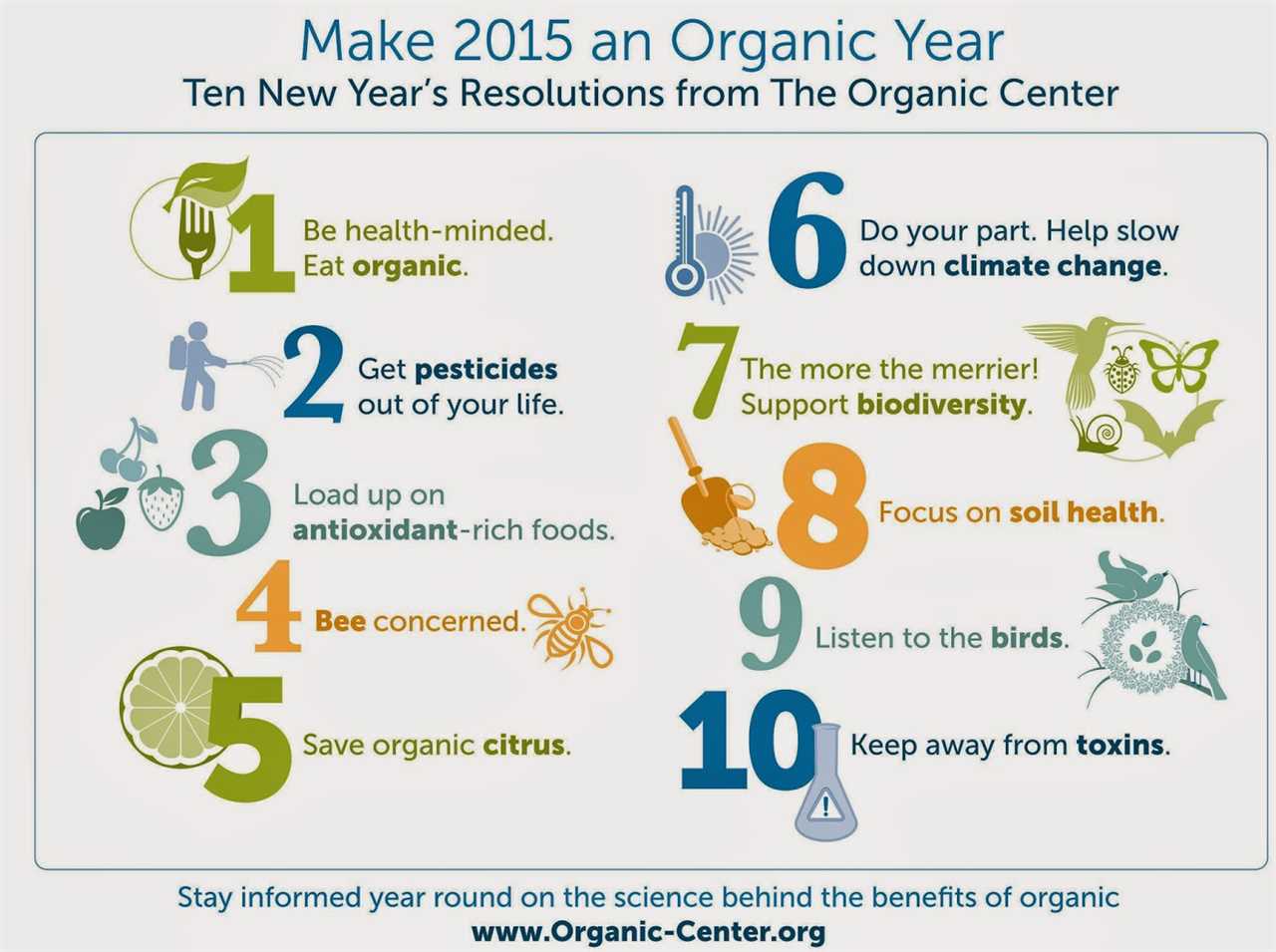 |
Organic vs Conventional Produce - The Dirty Dozen & Clean 15 ExplainedClick https://skl.sh/flavcitywithbobbyparrish to get 2 months of Skillshare for FREE! Here is a full review of the dirty dozen fruits and vegetables and |
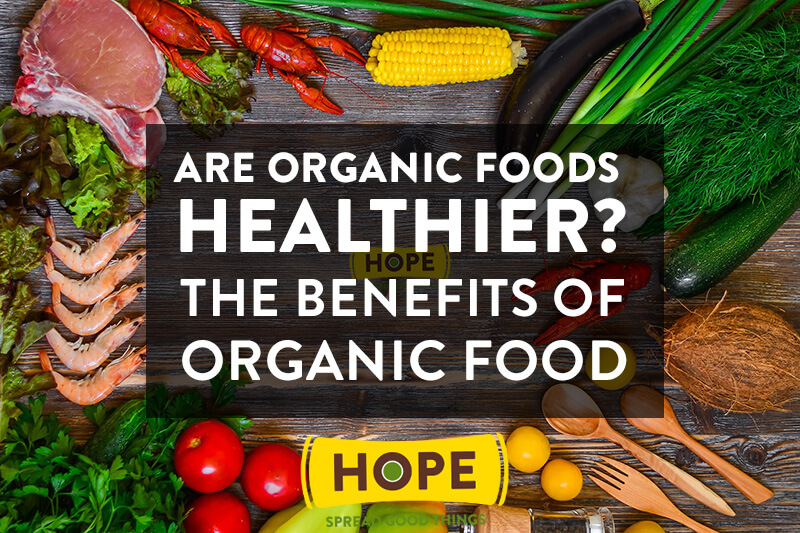 |
Are Organic Foods Really Healthier?It's widely believed that organic foods are more nutritious and safer than non-organic foods, even though the evidence is far from clear. Food certified as |
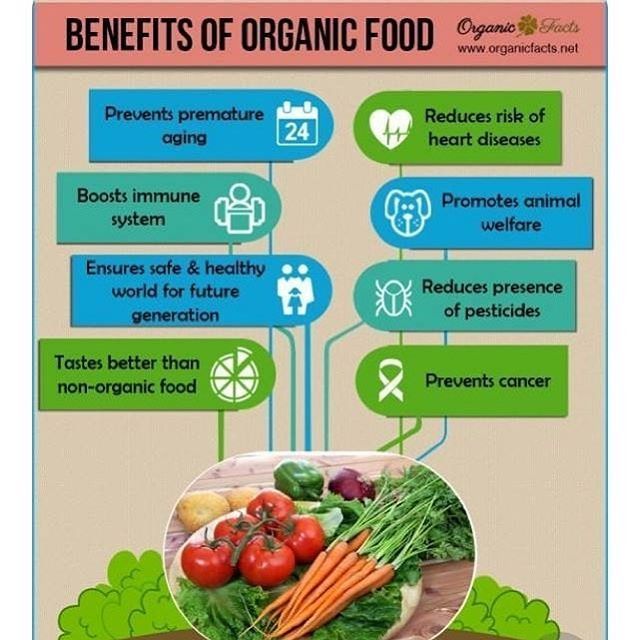 |
Are GMOs Good or Bad? Genetic Engineering & Our FoodAre GMOs bad for your health? Or is this fear unfounded? OUR CHANNELS German Channel: https://kgs.link/youtubeDE Spanish Channel: |
 |
How the food you eat affects your brain - Mia NacamulliView full lesson: http://ed.ted.com/lessons/how-the-food-you-eat-affects-your-brain-mia-nacamulli When it comes to what you bite, che […] |
 |
Is Buying Organic Food Worth The Cost?Subscribe to Goodful: https://bzfd.it/2QApoPk Goodful Goodful Feel better, be better, and do better. Subscribe to Goodful for all your healthy self care |
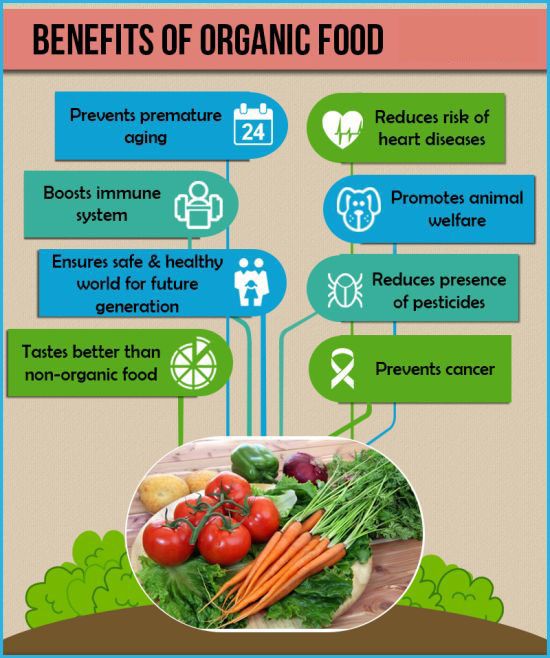 |
Benefits of Choosing Organic Gluten-Free OptionsIf you’ve been diagnosed with gluten sensitivity or celiac disease, you know how hard it can be to avoid foods containing wheat and other grains. But |
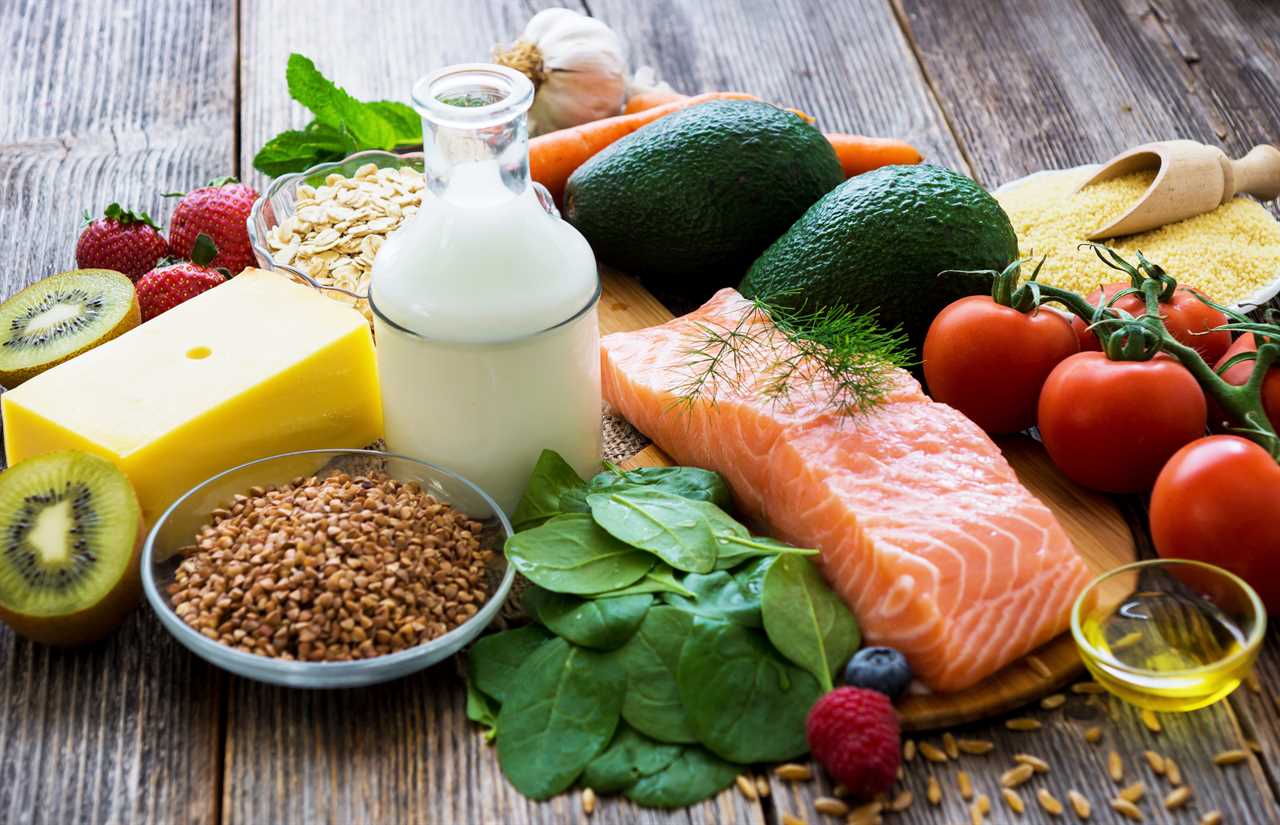 |
Joseph Wang LIVE (Bank Bailouts and Moral Hazards Deep Dive)buy my stuff Come to rebel capitalist live at https://rebelcapitalistlive.com Check out my private, online investment community (Rebel Capitalist Pro) |
 |
Organic Farming and Soil HealthOrganic farming practices promote soil health through crop rotations, symbiotic associations, cover crops and minimum tillage. These management.. |
 |
Research Reveals How Your Body Reacts When You Eat Only Organic FoodsThere is a growing belief that organic foods are healthier for us than non-organic foods. This ever-increasing belief is responsible for significant growth in |
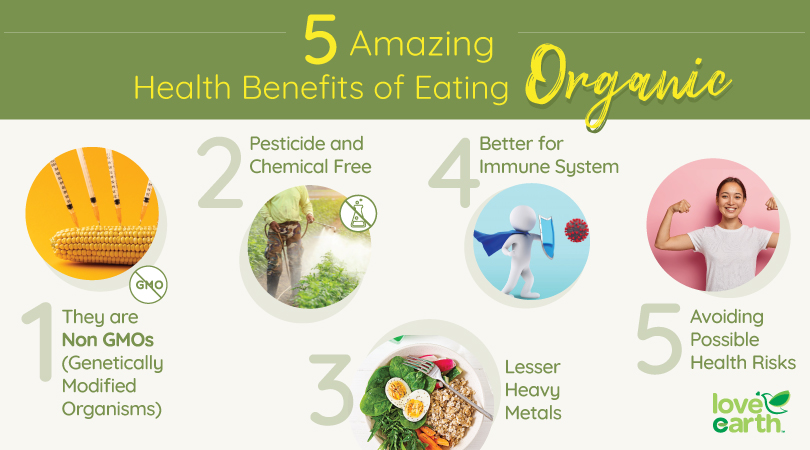 |
Stop Wasting Money on These ORGANIC Veggies (you don’t need to buy them organic)Click Here to Subscribe: http://Bit.ly/ThomasVid Get MY Recommendation on Groceries Delivered to Your Doorstep with Thrive Market: http: […] |
 |
If You Eat an Avocado a Day For a Month, Here''s What Will Happen to YouWhat Will Happen to Your Body If You Eat Avocado Every Day. The avocado is a unique fruit with multiple nutritional and health benefits. How would your body |
 |
Korean GardeningKorean gardening is one of the oldest ways to grow plants. It involves planting herbs, fruits, and vegetables that are used in kimchi, a type of.. |
 |
The Rodale InstituteThe Rodale Institute is a nonprofit organization that aims to support research into organic farming. It was founded in 1947 by J. I. Rodale, an.. |
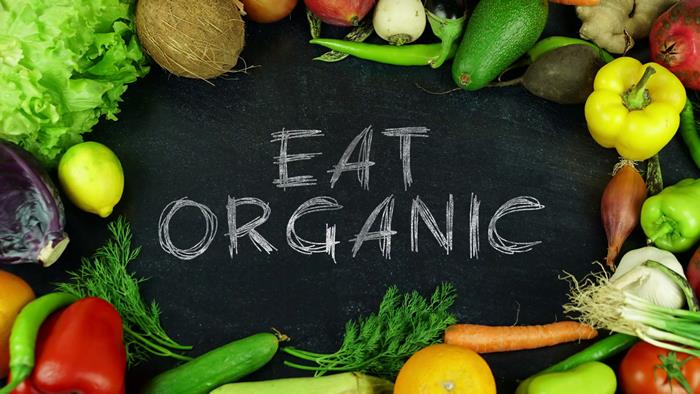 |
Organic eatingOrganic Cultur |
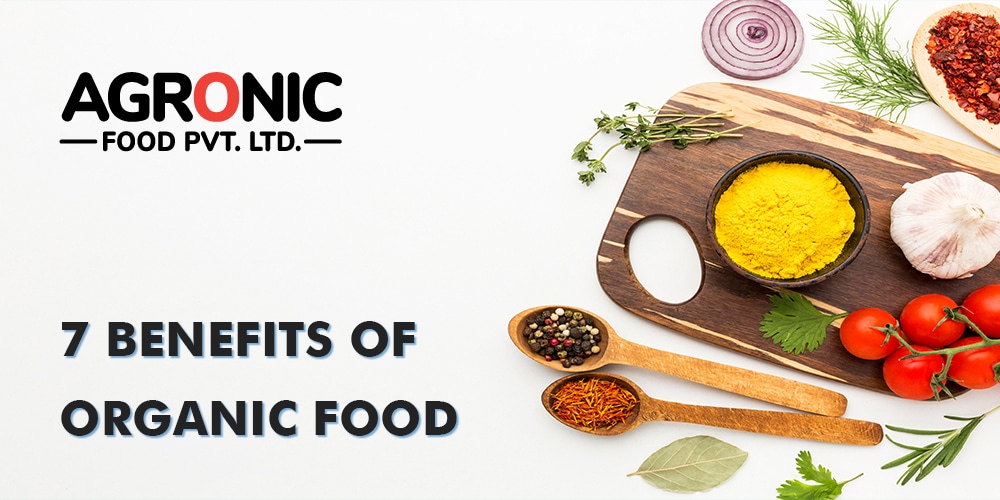 |
What is a Conventional Farm?Conventional farm is the term used to describe a farm that is not organic. It is a form of agriculture that is associated with better soil quality,.. |
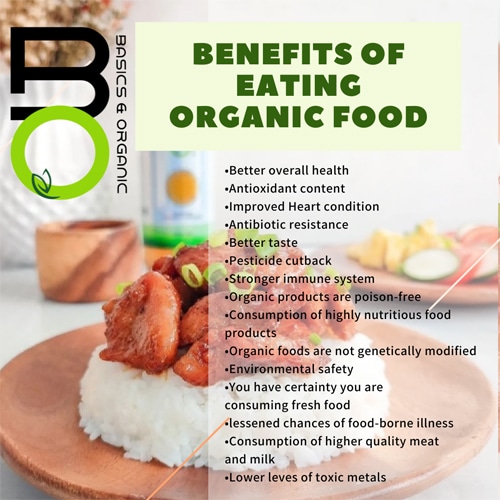 |
Chhattisgarh's Organic Farming SchoolsThe government of Chhattisgarh has started to introduce organic farming schools. This initiative is intended to provide the young generation with the |
 |
Can Organic Be GMO?The question Can organic be GMO is an ongoing debate among many consumers. While it's possible to eat foods that have been produced using genetic.. |
 |
When Did Organic Food Start?The answer to the question when did organic food start? will vary depending on the time period in which you are looking at. For instance, it may be a |
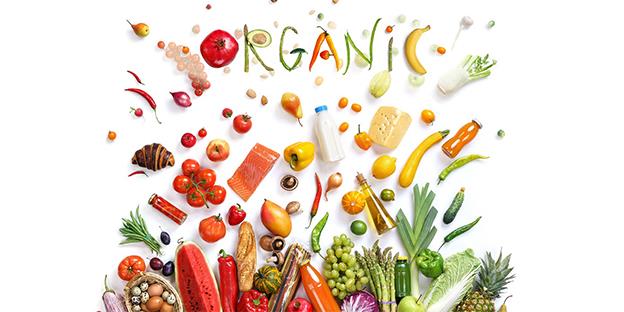 |
Organic Farming PrinciplesOrganic farming is a practice that is designed to be sustainable and healthy. Its principles include avoiding harms produced by industrial farming.. |
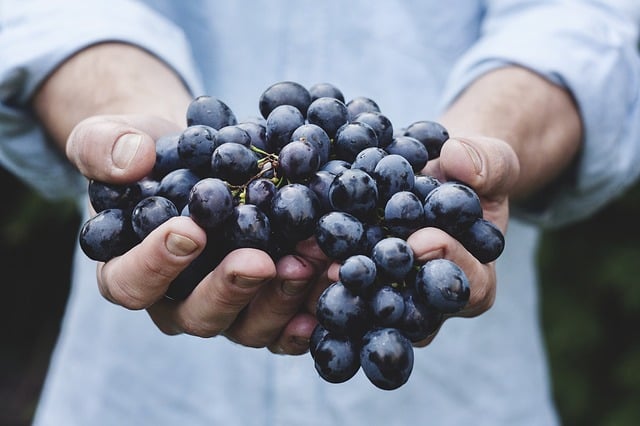 |
Soil Composition and BiodiversityThe soil that we have around us is a vital part of our lives. It is the home for many plants and animals. It also has a texture, a color, and many.. |
 |
The Benefits and Pitfalls of Organic Farming OrganizationsOrganic farming is an approach to farming that is not only ecologically sound, but also financially feasible. It is a method that is free from.. |
 |
Exotic VegetablesWhen it comes to vegetables, there are plenty of choices to choose from. Some of the most popular choices include broccoli, corn, carrots, and.. |
 |
Learn How to Become an Organic Farmer Through a Training ProgramIf you are looking to become an organic farmer, there are several ways you can do so. One option is to take a training program that will teach you.. |
 |
Benefits of Cover CropsIf you aren't familiar with cover crops, you may be surprised to learn that they are plants that are planted to grow on top of the soil to help.. |
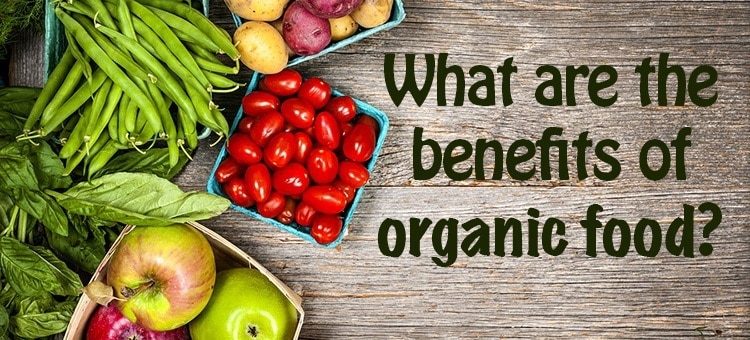 |
What is Organic Cotton?Organic cotton is the type of cotton that is grown without using pesticides or chemicals. It is also the type of cotton that is grown in subtropical.. |
 |
Is Organic Farming Beneficial to Biodiversity?Organic farming is a growing interest in the scientific community, and researchers have been investigating whether the practice is beneficial to.. |
 |
The Benefits of CompostingComposting your waste can be a very effective way of ensuring that your organic material is being broken down to the best of its ability. When.. |
 |
The Difference Between Organic Milk and Regular MilkOrganic milk is a type of milk that comes from livestock that is raised according to organic farming methods. This is a term that is regulated by.. |
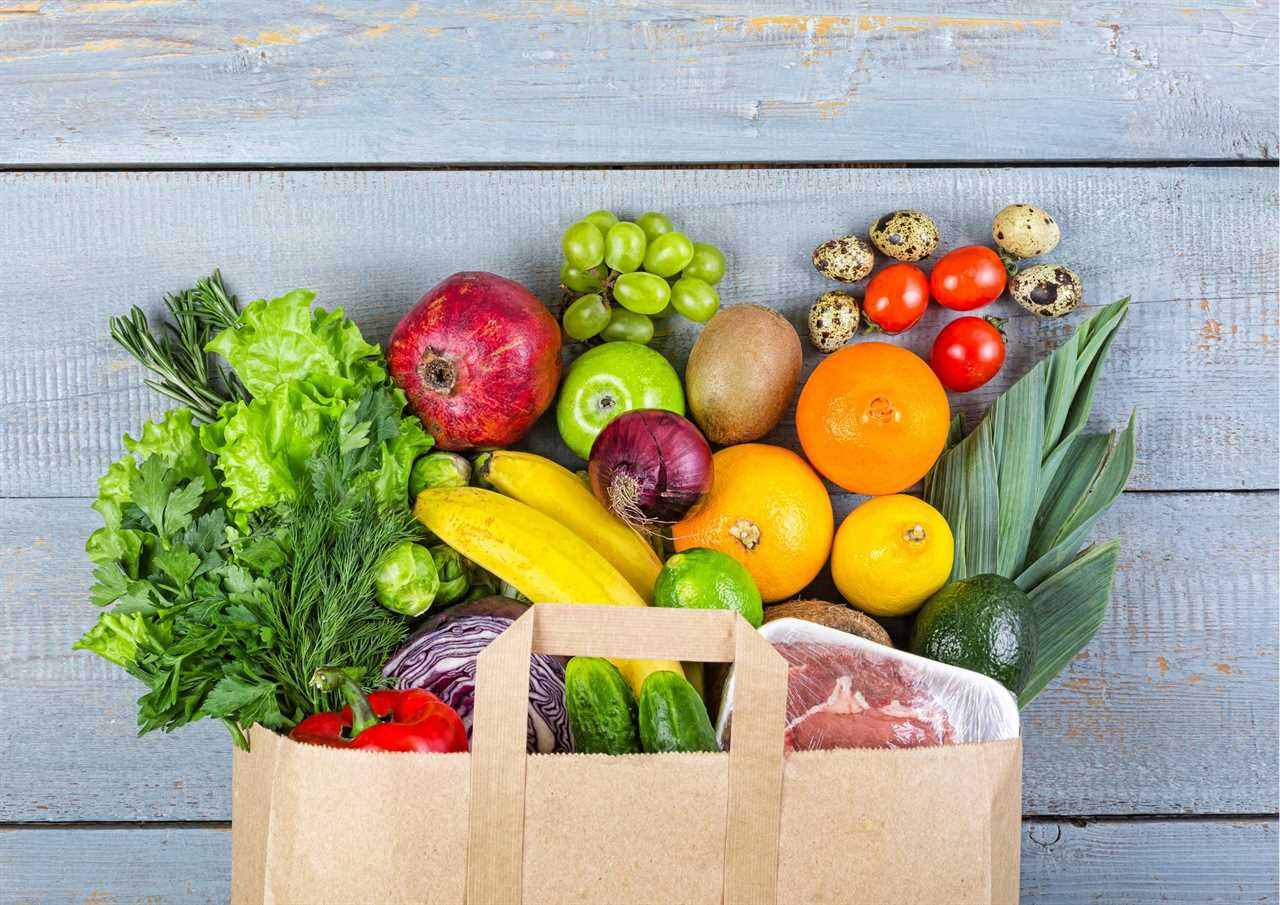 |
Organic Farming MagazineOrganic farming magazine is a resource that provides you with the latest information on organic agriculture, health, and sustainability. It also.. |
 |
The Latest Research on Organic | The Organic CenterResearched articles about eating Organic food |
.png)





